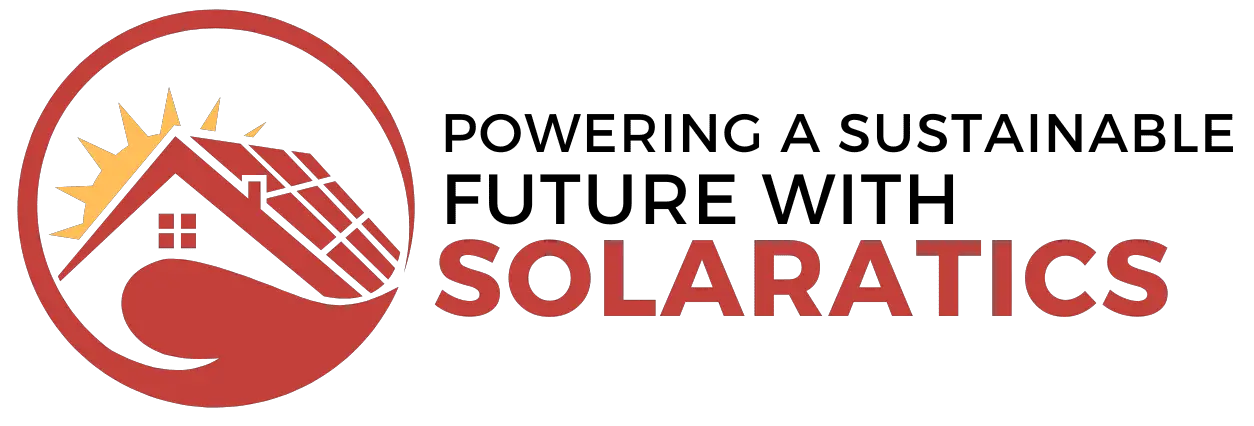Solar Panel Series vs Parallel: Which One is Better?

When installing solar panels, one of the most important decisions you need to make is whether to connect them in series or parallel. The way you connect your solar panels can have a big impact on their performance and efficiency. Here is a simple guide on solar panel series vs parallel which one is better for your home?
What is Series Connection?
In a series connection, the positive terminal of one solar panel is connected to the negative terminal of the next solar panel, and so on. This creates a single electrical circuit that all of the solar panels are connected to solar panel series connection
What is Parallel Connection?
In a parallel connection, the positive and negative terminals of each solar panel are connected to a positive and negative bus bar, respectively. This creates multiple electrical circuits, each with a single solar panel.
Advantages and Disadvantages of Series Connection
Advantages:

- Higher voltage output: Series connection increases the voltage output of the solar panel system. This can be beneficial if you need to send the electricity over a long distance or if you are using a charge controller that requires a high voltage input.
- Less wiring: Series connection requires less wiring than parallel connection. This can make it easier and faster to install the solar panel system.
Disadvantages:
- Lower current output: Series connection decreases the current output of the solar panel system. This can be problematic if you have a high-power load that requires a lot of current.
- If one solar panel fails, the entire system will fail: If one solar panel in a series connection fails, the entire system will no longer work. This is because the electrical current cannot flow through the circuit if there is a break in the circuit.
Advantages and Disadvantages of Parallel Connection

Advantages:
- Higher current output: Parallel connection increases the current output of the solar panel system. This is beneficial if you have a high-power load that requires a lot of current.
- If one solar panel fails, the other solar panels will still work: If one solar panel in a parallel connection fails, the other solar panels will still work. This is because the electrical current can still flow through the circuit even if one solar panel is not working.
Disadvantages:
- Lower voltage output: Parallel connection decreases the voltage output of the solar panel system. This can be problematic if you need to send the electricity over a long distance or if you are using a charge controller that requires a high voltage input.
- More wiring: Parallel connection requires more wiring than series connection. This can make it more difficult and time-consuming to install the solar panel system.
Factors to Consider When Choosing Series or Parallel Connection
The decision between series and parallel connections depends on various factors, including:
- System size: Larger systems may benefit from series connections to minimize wiring complexity and voltage drop.
- Shading: If shading is a concern, parallel connections are preferable to minimize efficiency losses.
- Wiring complexity: For smaller systems or installations with limited space, parallel connections may be more practical.
- Cost: The cost of wiring components and installation labor should be considered when choosing between series and parallel connections.
Solar Panel Series vs Parallel Which Connection is Better?

So, which connection is better? Series or parallel? The answer depends on your specific needs and requirements.
If you have a high-power load that requires a lot of current and you don’t need to send the electricity over a long distance, then parallel connection is the better option.
If you need to send the electricity over a long distance or you are using a charge controller that requires a high voltage input, then a series connection is the better option.
Conclusion
When choosing between series and parallel connection for your solar panel system, it is important to consider your specific needs and requirements. There is no one-size-fits-all answer.
If you are unsure which connection is right for you, it is always best to consult with a qualified solar panel installer. They can help you assess your needs and choose the best connection for your solar panel system.
Also Read: What will be Your Average Monthly Electric Bill with Solar Panels In US
